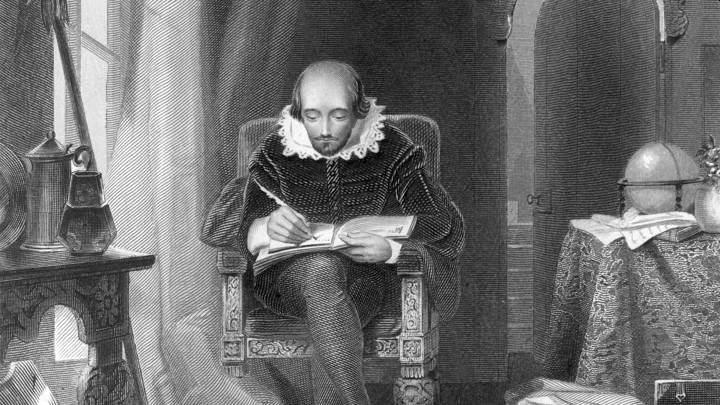
Shakespeare’s Sonnets are some of the most fascinating and influential poems written in English. First published in 1609, in a small quarto edition (roughly the size of a modern paperback), almost nothing is known about the poems’ composition. But the Sonnets have been read, recited, reprinted and written about ever since their first appearance.
»»» Sonnets introduction
»»» Sonnets complete list
Sonnets 1-20
They have inspired many creative works, including music and dance pieces as well as other poems. And they continue to intrigue those of us who watch, read and study Shakespeare’s plays, for the insight they might offer into the mind of the man who wrote our most beloved dramatic works. This piece will explore why the Sonnets are so important to the history of English poetry and why they continue to be enjoyed – and imitated – today.
Part of the reason Shakespeare’s Sonnets speak to us so directly is that they are written with their own afterlife in mind. These are poems designed to commemorate the poet’s beloved for all eternity. In the famous lines of Sonnet 18 Shakespeare suggests that his poem confers immortality: ‘So long as men can breathe or eyes can see, / So long lives this, and this gives life to thee’ (ll. 11.13–14). Long after his lover’s death, Shakespeare’s poem will continue to keep his lover alive. The Sonnets look to their own future, imagining the readers who will come to them hundreds of years after Shakespeare’s death. We continue to read the poems partly because of this sense of contact with Shakespeare as he reaches out into the future, a sense of presence as well as a reminder of his absence (a theme that will return later in this piece).
But we need to be careful about reading the poems autobiographically, or seeing them as a key to the themes of love, jealousy, anger and lust that pervade Shakespeare’s plays. The poetic persona who speaks through the sequence is not Shakespeare himself. While many readers of the poems have traced a love triangle between the ‘poet’ and two figures often called the ‘Young Man’ and the ‘Dark Lady’, the Sonnets themselves resist straightforward narrative. The poems seem to play with the reader in this regard, tempting us with hints of the kind of love story that underpinned other popular poetic sequences of the time, or the plot of a Shakespearean comedy. At the same time, the poems constantly frustrate our attempts to trace the exact moment at which the poet loses – or gains – the affection of his lovers, or to map the precise relationship between the two enigmatic figures that so preoccupy his attentions. It is also significant that one of the lovers is male; Shakespeare’s Sonnets do not give us a predictably heterosexual romance but rather a complex and intricate exploration of gender and sexuality that encourages ambiguity rather than resolution.
Sonnets
| 1 – 20 | 21 – 40 | 41 – 60 |
| 61 – 80 | 81 – 100 | 101 – 120 |
| 121 – 140 |
141 – 154 |






















